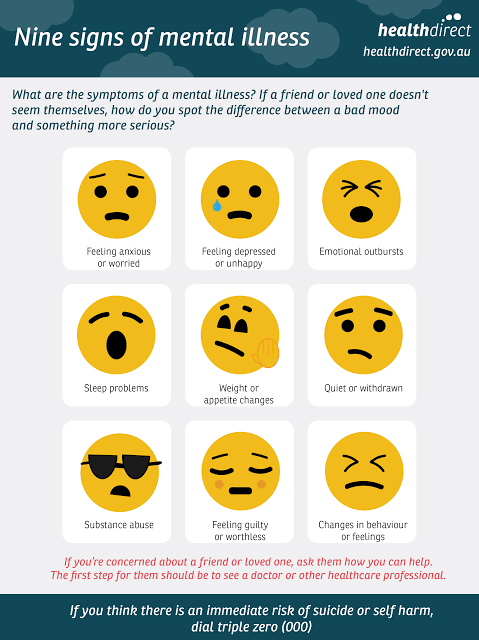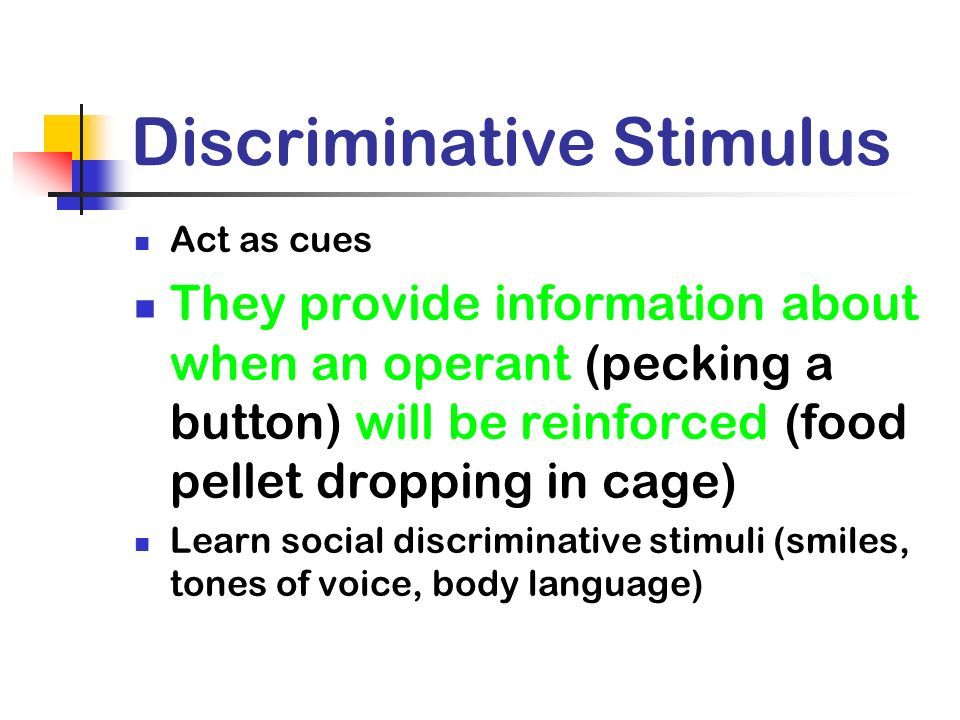Children sociopathic behavior
My Child Is a Sociopath! Is There Anything I Can Do?
Tanya J. Peterson
Do I have a child sociopath? For a parent, noticing a pattern that a child is a sociopath can be heartbreaking and utterly terrifying. Officially, there's no such thing as a child sociopath because a child or adolescent can't be diagnosed as a sociopath. He or she is too young and his personality hasn't matured sufficiently to be diagnosed with antisocial personality disorder, an adult personality disorder more commonly known as sociopathy. So while there are no sociopathic children, there can be sociopathic behavior in children.
Child Sociopath and Conduct Disorder
When children show sufficient and persistent sociopathic traits, characteristics and behaviors, they can be evaluated for conduct disorder (
Symptoms of a Sociopath in Men, Women, Children). Conduct disorder can be a precursor to antisocial personality disorder in adulthood; indeed, all sociopathic adults had conduct disorder (whether or not it was officially diagnosed) as a child. It's noteworthy that not every child and teen who has conduct disorder will grow up to be a sociopath. Child sociopath characteristics often abate by adulthood.
The American Psychiatric Association (2013) discusses the clinical criteria for conduct disorder in its Diagnostic and Statistical Manual, Fifth Edition (DSM-5), the authority on mental disorders. Conduct disorder is described as "a repetitive and persistent pattern of behavior in which the basic rights of others or major age-appropriate societal norms or rules are violated..." The child or teen exhibits delinquent behavior, frequently severely so, in the following ways:
- Aggression to people and animals
- Destruction of property
- Deceitfulness or theft
- Serious violations of rules
Fire setting, cruelty to animals, and bedwetting (enuresis), together known as the MacDonald Triad, are behaviors that are connected to conduct disorder. Truancy, vandalism, violence, lying, cheating, running away, and early sexual behaviors are but some of the sociopathic behaviors committed by a child or adolescent with conduct disorder.
A Child "Sociopath" is Callous, Unemotional
The professional term frequently used to describe children who have conduct disorder (CD) is callous and unemotional (CU). Just as sociopathy is a group of traits and behaviors, so, too, is conduct disorder. Traits of a CD/CU child include:
- Disengaged, withdrawn from relationships with parents, family, peers, teachers, etc.
- Social isolation (a sociopathic child is a loner by choice)
- Limited affect/emotion other than impulsive anger
- Little or no attachment or bonding with anyone
- Unremorseful
- Intimidating
- Impervious to punishments, positive reinforcements, and negative reinforcements
Can Conduct Disorder Be Cured?
To date, there is no cure for conduct disorder. Because it involves traits and behaviors rather than illness, there is no medication to help. Professionals are working to develop effective treatments, but thus far there isn't a quick fix (
Sociopath Treatment: Can A Sociopath Change?).
Researchers are discovering what definitely does not work for the child with sociopath characteristics. Behavioral approaches that target specific acts like bullying or stealing fall short because they minimize the big picture and they involve consequences, things that a CD/CU child cares nothing about. Sugar-coating or side-stepping the traits and total behavior of the child also doesn't work. Someone who does this attends to the elephant in the room while the child himself sneaks away undetected. The elephant grows ever closer while the child grows increasingly distant.
New treatment approaches are constantly being developed and tried. Nothing can cure conduct disorder, at least not yet. For now, though, some treatment approaches are at least marginally effective. Experts have discovered certain things.
- To have a chance at succeeding, an intervention must begin as soon as possible, ideally early in childhood (sociopathic behaviors in children sometimes begin at a very early age).
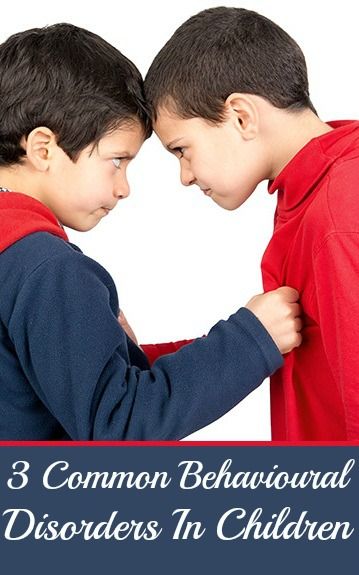
- Working with a child to develop prosocial behavior is more effective than working with him to stop antisocial behavior.
- It's not enough to work with only the CD/CU, sociopathic child; instead, the treatment must be multi-systemic and involve the family plus the social context in which problems occur.
Eighty percent of children with conduct disorder outgrow it by adulthood and never become sociopaths. Therefore, it's important for parents to not give up on the child "sociopath."
article references
APA Reference
Peterson, T. (2021, December 17). My Child Is a Sociopath! Is There Anything I Can Do?, HealthyPlace. Retrieved on 2022, October 26 from https://www.healthyplace.com/personality-disorders/sociopath/my-child-is-a-sociopath-is-there-anything-i-can-do
Last Updated: January 28, 2022
Medically reviewed by Harry Croft, MD
More Info
Narcissistic Healing - Excerpts Part 21
Sociopath Treatment: Can a Sociopath Change?
Videos on Narcissism and Other Psychiatric Disorders
Chapter 5, The Soul of a Narcissist, The State of the Art
The Psychopath and Antisocial
Politicians as Narcissists - Excerpts Part 36
Psychological Defense Mechanisms
Is Your Child a Sociopath? Know the Signs
So, your child is showing signs that have you worried. They lie with nothing to gain, show little to no empathy and seem to ignore what is right and wrong. Perhaps it has even crossed your mind that your son or daughter might be a sociopath. If this worry is lingering in your mind, how do you know what steps to take?
They lie with nothing to gain, show little to no empathy and seem to ignore what is right and wrong. Perhaps it has even crossed your mind that your son or daughter might be a sociopath. If this worry is lingering in your mind, how do you know what steps to take?
The clinical term for someone with this mental health disorder is antisocial personality disorder or ASPD. According to the DSM-5, the diagnostic guide for psychology, the main symptoms of ASPD include:[1]
- Violation of the physical or emotional rights of others
- Lack of stability in job and home life
- Irritability and aggression
- Lack of remorse
- Consistent irresponsibility
- Recklessness, impulsivity
- Deceitfulness
- A childhood diagnosis of conduct disorder
The exact causes of ASPD have not yet been defined. However, there are signs that there may be a genetic link that predisposes a person to develop the disorder and that certain life circumstances may trigger its development.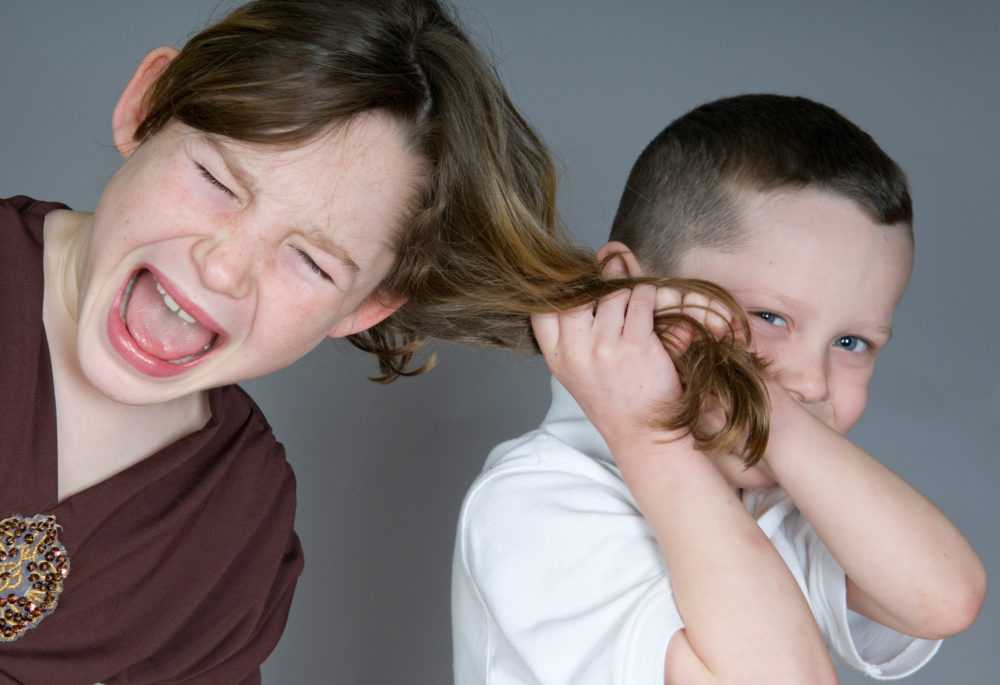 [2] Some experts have found a possible link to an adaptation during brain development in utero.[3]
[2] Some experts have found a possible link to an adaptation during brain development in utero.[3]
Signs of Sociopathy in Children
As a parent, what behaviors should you be looking out for if you suspect your child might have ASPD?
These are 5 signs that your suspicion might be correct. Keep in mind that many children go through phases where they tell lies or act uncharacteristically. This doesn’t necessarily make them sociopaths. But, if you are seeing these signs regularly it might be time to talk to a mental health professional.
They Show No Regard for Right and Wrong
It’s commonplace for very young children to not fully grasp the difference between right and wrong, but research shows that by the age of two, kids should start to understand this concept.
Children with ASPD often show a lack of knowing (or caring about) what is right and wrong. They typically will ignore societal norms and rules, as well as ignore classroom and home rules.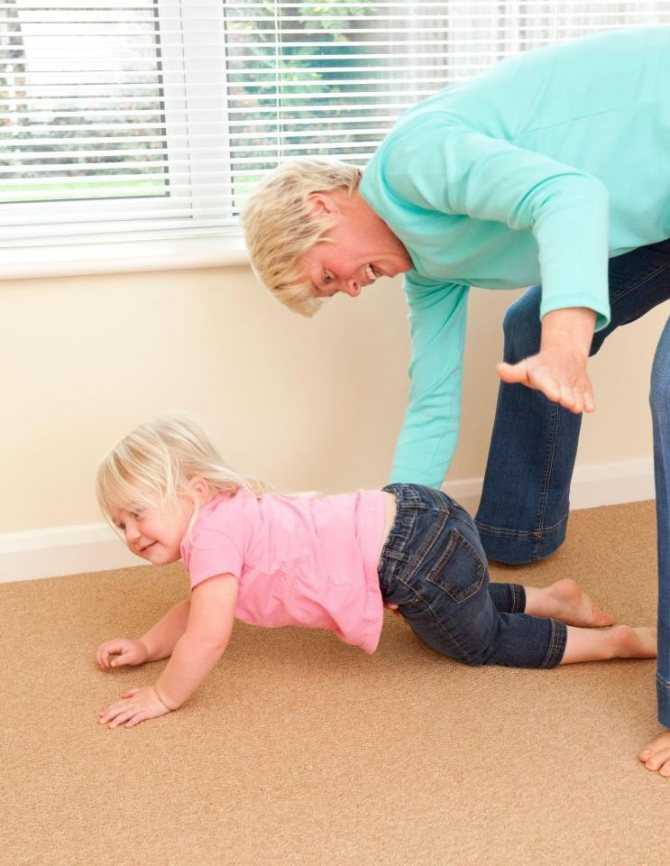 They don’t seem to mind breaking rules and care little for the consequences.
They don’t seem to mind breaking rules and care little for the consequences.
Frequent Lying
It’s important to note that they don’t just lie, but lie with no guilt. It’s the lack of guilt that makes it different from typical juvenile lying, which is commonplace. Children with ASPD often lie with little to be gained and lie in situations that won’t get them out of trouble.
They Act in Manipulative Ways
Children and adults with ASPD are often very manipulative. This manipulation may be to get what they want or in some cases, it may just be because they have the ability to manipulate another person.
The severity of the manipulation is typically dependent upon the age of the child, with older children displaying more manipulative behavior than younger children.
Lack of Empathy
An additional sign that your child may have antisocial personality disorder is that they lack empathy for those around them. They often won’t feel sorry when people around them are hurting.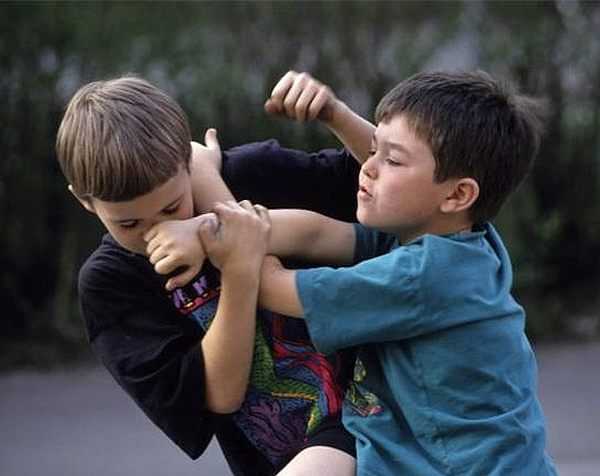 Additionally, they may not understand why the people around them are sad or upset. Parents will sometimes report that they seem to be missing that natural characteristic of feeling for those around them.
Additionally, they may not understand why the people around them are sad or upset. Parents will sometimes report that they seem to be missing that natural characteristic of feeling for those around them.
Act Aggressively or Violently
It’s also possible that they may act out with displays of physical or verbal aggression. In some instances, it can be frightening for parents because it happens suddenly. This could also take the form of agitation, irritability, and significant changes in mood.
What to Do if You See Some of These Signs
If you are seeing some or all of these signs in your child, don’t let your imagination start running wild with visions about the type of life your child with lead. Start off by consulting with a mental health professional. There are treatment options for children and adults that show the characteristic symptoms of sociopathy. A diagnosis of this personality disorder could be a first step in the right direction for your family.
Treatment Options
There are a number of clinical treatment options if your child is living with ASPD.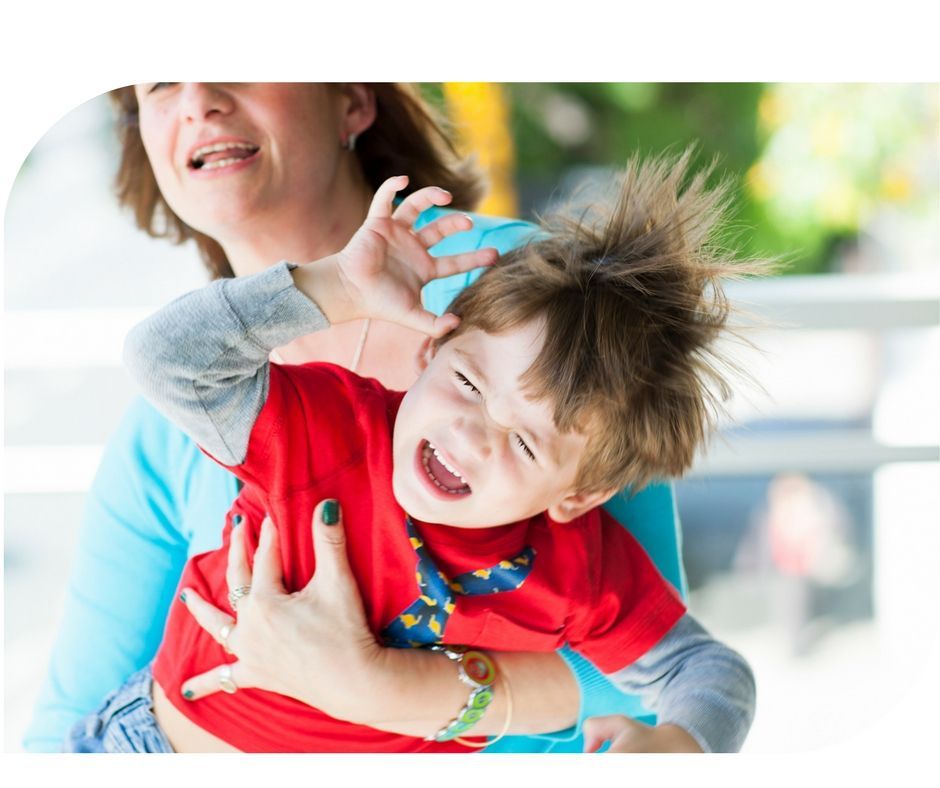 Some of the current treatment options include:
Some of the current treatment options include:
- Cognitive behavioral therapy
- Problem-solving interventional training
- Behavioral family intervention
- Family therapy and adolescent therapy
A big piece of the treatment plan will revolve around teaching the parents to become better adept at parenting a child with ASPD. Research shows that parenting traits like showing warmth and positive regard are excellent and simple tools. It is necessary to have a plan for discipline, with an authoritative parenting style being an ideal form of parenting.[4]
The most important thing if you suspect that your child might be a sociopath is to find a therapist who can help guide you through the process of diagnosis and treatment. They will be your and your child’s best advocate and source of information.
Raising a child with a mental health issue can be a challenge. Once your child receives a proper diagnosis and begins treatment, their strengths will surface, paving the way for a bright future.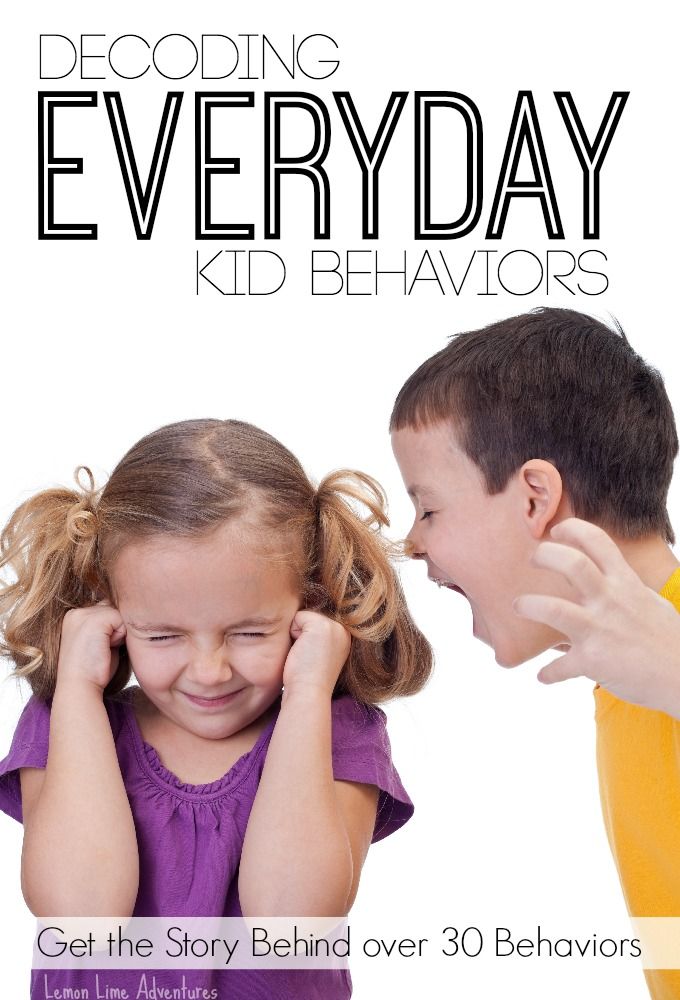
References
- Diagnostic and Statistical Manual of Mental Disorders: DSM-5 (5th edition). (2014). Reference Reviews, 28(3), 36–37. https://doi.org/10.1108/rr-10-2013-0256
- U.S. Department of Health and Human Services. (n.d.). Antisocial personality disorder. MedlinePlus Medical Encyclopedia. https://medlineplus.gov/ency/article/000921.htm
- Mead, H. K., Beauchaine, T. P., & Shannon, K. E. (2010). Neurobiological adaptations to violence across development. Development and psychopathology, 22(1), 1–22. https://doi.org/10.1017/S0954579409990228
- Baumrind, D., Berkowitz, M. W., Lickona, T., Nucci, L. P., Watson, M., & Streight, D. (2008). Parenting for Character: Five Experts, Five Practices (1st ed.). csee.
Kristen Frescoe, MSc
Kristen has a master’s degree in Clinical Psychology. She worked as a rape crisis counselor and an inmate counselor. She also founded a company specializing in Industrial & Organizational Psychology, applying clinical psychological practices in the business world.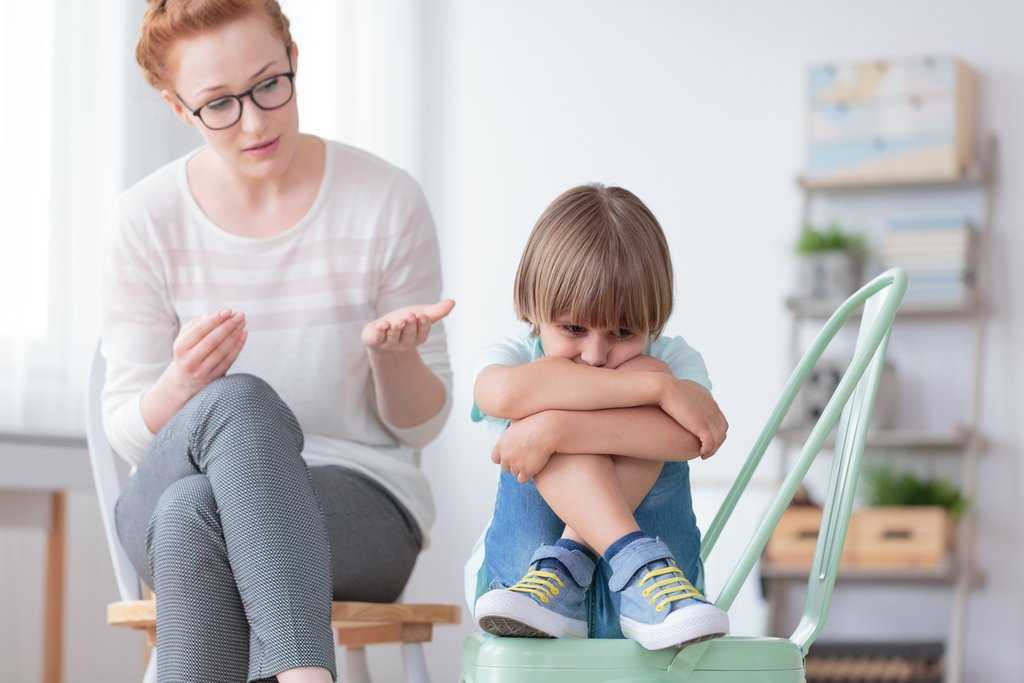 She is currently the Clinical Program Manager at Resility Health and Adjunct Professor of Psychology at Rowan College.
She is currently the Clinical Program Manager at Resility Health and Adjunct Professor of Psychology at Rowan College.
Sociopathy: symptoms, signs, causes
He doesn't love anyone
“My son was a very sociable, open child in his childhood. But in adolescence, something happened, his character changed. Now, as an adult, he exhibits traits of a sociopath. Rejects the norms of society, does not like people, avoids communication with them. Can you tell me, please, is such a change in personality due to a genetic predisposition? Or is it an educational issue? Svetlana Mikhailovna.
Some consider sullenness, unwillingness or fear to communicate with others as sociopathic. In fact, sociopaths are people who suffer from antisocial personality disorder. It is characterized by disregard for social norms, impulsiveness, aggressiveness, and an extremely limited ability to form attachments.
“The cause of this disorder may be a genetic predisposition,” explains psychologist Andrei Landenok. But then sociopathy manifests itself at an early age. Such children scream a lot, often show aggression, provoke fights.
But then sociopathy manifests itself at an early age. Such children scream a lot, often show aggression, provoke fights.
The sociopathic child does not follow the general rules, he has his own ideas about what is good or bad. He can do things that are particularly cruel. Such a child rarely sincerely shows tender feelings for parents.
Dissocial personality disorder can also be acquired, formed in the family.
— Yes, it happens: a sociable, cheerful baby changes his behavior. This happens if someone close to him constantly suppresses him, the psychologist explains. - Maybe he shows aggression, uses physical strength as a method of education. Maybe the child is under constant emotional pressure.
There is a third option: antisocial personality disorder may be the result of traumatic brain injury.
Sociopaths are characterized by destructive behavior towards the outside world or themselves. Any restrictions on freedom, infringement of desires are extremely negatively tolerated and actively resisted.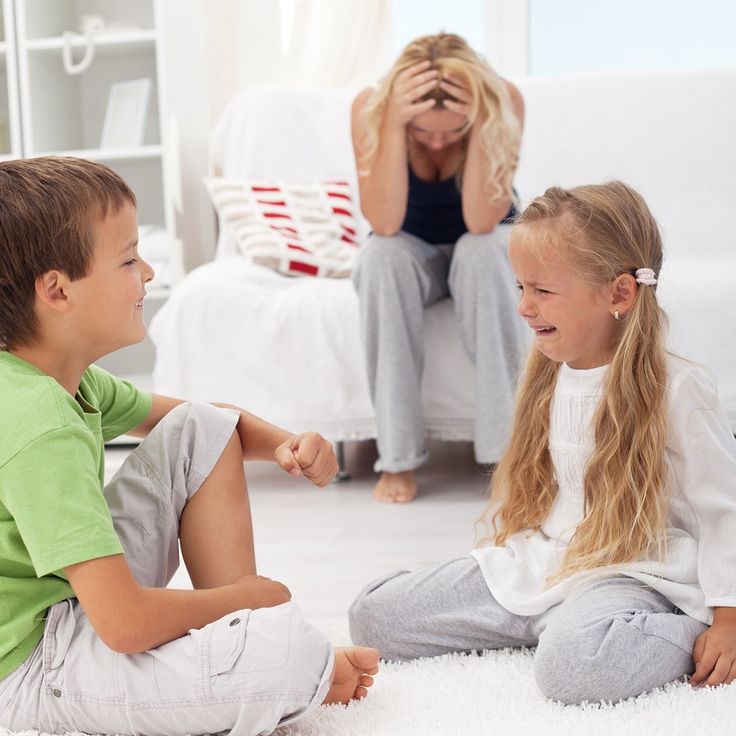 To do this, they without a shadow of a doubt use threats and physical force. People with antisocial personality disorder are excellent manipulators. Since they are unable to experience emotions, especially negative ones, and do not understand the need for interpersonal relationships, they perceive others as a way to achieve their own goals. The only acceptable option for interacting with people for them is in this form - "everyone must obey me." The feelings and desires of others are not taken into account. They do not notice the emotions of others, they do not know how to suffer and empathize.
To do this, they without a shadow of a doubt use threats and physical force. People with antisocial personality disorder are excellent manipulators. Since they are unable to experience emotions, especially negative ones, and do not understand the need for interpersonal relationships, they perceive others as a way to achieve their own goals. The only acceptable option for interacting with people for them is in this form - "everyone must obey me." The feelings and desires of others are not taken into account. They do not notice the emotions of others, they do not know how to suffer and empathize.
— This disorder is very difficult to correct, rarely people who suffer from it turn to specialists for help, — says Andrey Landenok. — In my practice there was only one such case. In the behavior of others, they see a desire to manipulate. They believe that they are constantly attacked, hence the aggression towards people. As soon as a sociopath realizes that this is not so, that others sincerely love him, want to help, his picture of the world will expand significantly. And this is already good, this is already a step towards getting rid of the disorder.
And this is already good, this is already a step towards getting rid of the disorder.
As a method of preventing the occurrence of such a disorder, experts call the creation of a favorable atmosphere in which the child grows. He should be surrounded by attention, affection and kindness. A positive example of parents is important: the absence of abuse of power in relation to all family members, respect for the feelings of others. The child must understand the role of support in relationships between people.
Topic
Antisocial personality disorder is diagnosed when three or more specific criteria are met. Treated with him:
- heartless indifference to the feelings of others;
- rude and persistent attitude of irresponsibility and disregard for social rules and duties;
- inability to maintain relationships in the absence of difficulties in their formation;
- low threshold for the discharge of aggression, including violence;
- inability to experience guilt and benefit from life experience, especially punishment;
- a pronounced tendency to blame others or put forward plausible explanations for one's behavior, leading the subject to conflict with society.
Nuance
According to the definition of American psychologist and psychiatrist Eric Berne, there are two types of sociopaths:
Latent or passive sociopath. Most of the time, he behaves quite decently, accepting the guidance of some external authority, such as religion or law, or becoming attached at times to some stronger personality, considered as an ideal (we are not talking here about those who use religion or law to guide conscience, but about those who use such doctrines instead of conscience). These people are not guided by the usual considerations of decency and humanity, but simply obey their interpretation of what is written in the “book”.
Active sociopath. It is devoid of both internal and external delays. He can subdue himself for a while and put on a mask of integrity (especially in the presence of people who expect decent and responsible behavior from him), but as soon as such sociopaths are out of reach of persons authoritative for him who demand good behavior, they immediately cease to restrain themselves.
what to do, signs, behavior at home and in kindergarten
Complain
Created by
Content:
Who is a Sociopath
Signs of Sociopathy
What Parents Should Do
Video
A sociopathic child differs from other children in his behavior from an early age. He cannot be in a circle of people for a long time, often shows aggression towards others. However, do not confuse the child's bad mood with a mental disorder.
Who is a sociopath
Psychology classifies sociopathy as one of the types of mental disorders. Sociopaths consider themselves different from other people, they cannot stay in society for a long time, they deny the norms and rules of behavior accepted in society.
A sociopath child feels alienated from society, and often experiences aggression because of this. As an adult, it is not difficult to recognize a sociopath. However, in childhood, parents may confuse the child's aggressive behavior with the usual children's pranks, whims.
However, in childhood, parents may confuse the child's aggressive behavior with the usual children's pranks, whims.
Sociopaths are usually divided into two types - passive and active. The passive type keeps aloof from society, but behaves relatively calmly. At the same time, the desire for protest remains inside him, hostility towards the surrounding society, and if provoked, aggression will come out. The active type behaves defiantly, takes an aggressive life position, often commits inappropriate actions.
Signs of Sociopathy
The presence of this mental disorder in a child is indicated by the following features in his behavior:
- He often performs non-standard actions in order to attract everyone's attention, for example, breaks a shop window, bites his peers.
- Intentionally harms other children or their toys.
- Does not feel the need to communicate with others in kindergarten or school, does not feel affection even for parents, brothers and sisters.
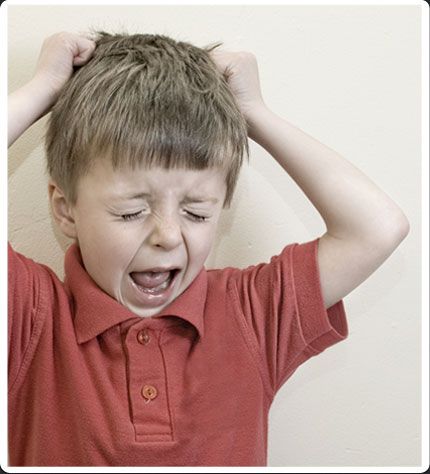
- Any remark provokes fits of anger in him, and sometimes even aggression.
- The child completely ignores other people's desires and needs, often manipulates parents to achieve their own goals.
- The child does not regret the discomfort, pain caused to other people, does not feel guilty.
If a child has no one to express his irritation and anger, he starts torturing animals - bugs, lizards, cats, dogs. In this case, you should definitely contact a psychologist or psychiatrist.
What to do for parents
If the child is of the active type, the parents will not be able to cope on their own, they will have to contact a psychologist.
The passive type can be re-educated, but only to a certain extent. For this child:
- Involved in housework, the performance of any duties assigned to him.
- They send him to a sports club, help him develop his creative abilities in order to direct aggressive energy into a peaceful direction.
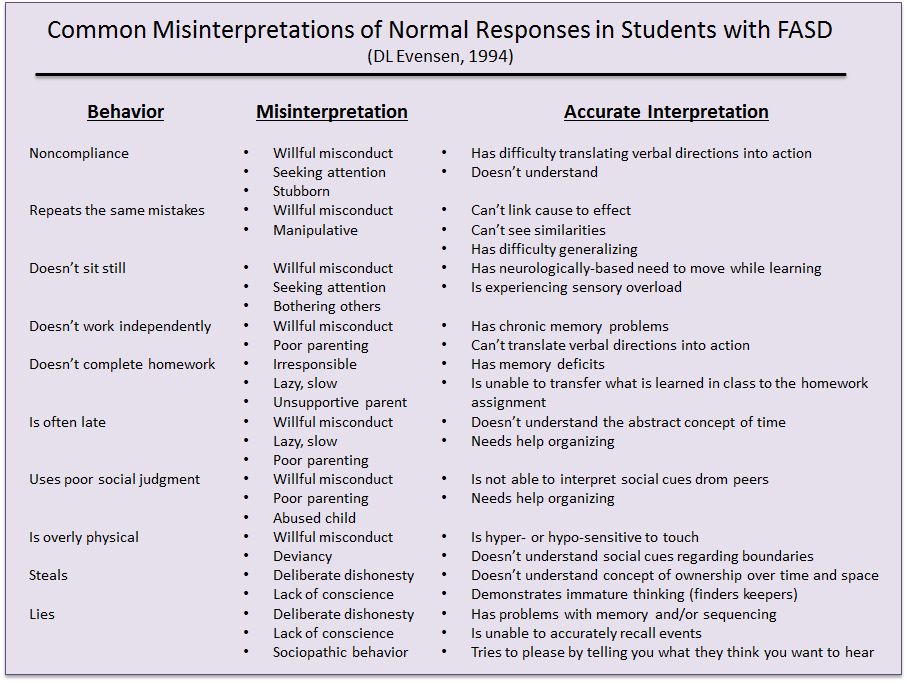
- More often they are taken out to nature, as forests, lakes, rivers, and the sea have a calming effect on the human psyche.
Parents need to understand that despite their mental characteristics, their child needs attention, love, an atmosphere of trust and mutual understanding.
It is not necessary to think that the child of a sociopath will necessarily become a criminal, an alcoholic or a drug addict. Perhaps a very successful future awaits him, but for this, parents must make their own efforts, or seek help from a psychologist.
Video
Read more: signs of autism in children
Rubric Behavior of a child under 3 years old
What typical mistakes parents make in upbringing
How to nurse premature babies using the kangaroo method
A common diagnosis for all mothers: they don’t remember when they combed their hair for the last time.





